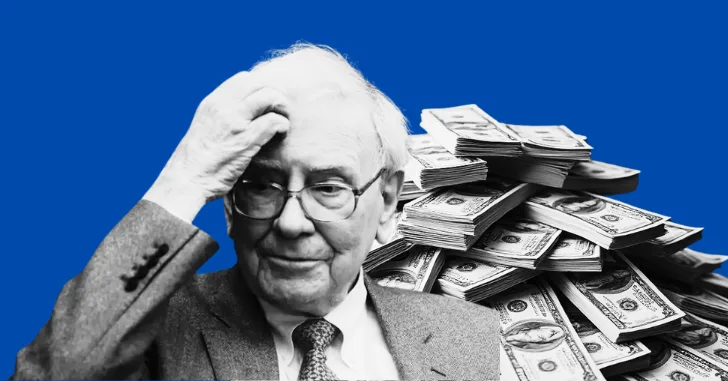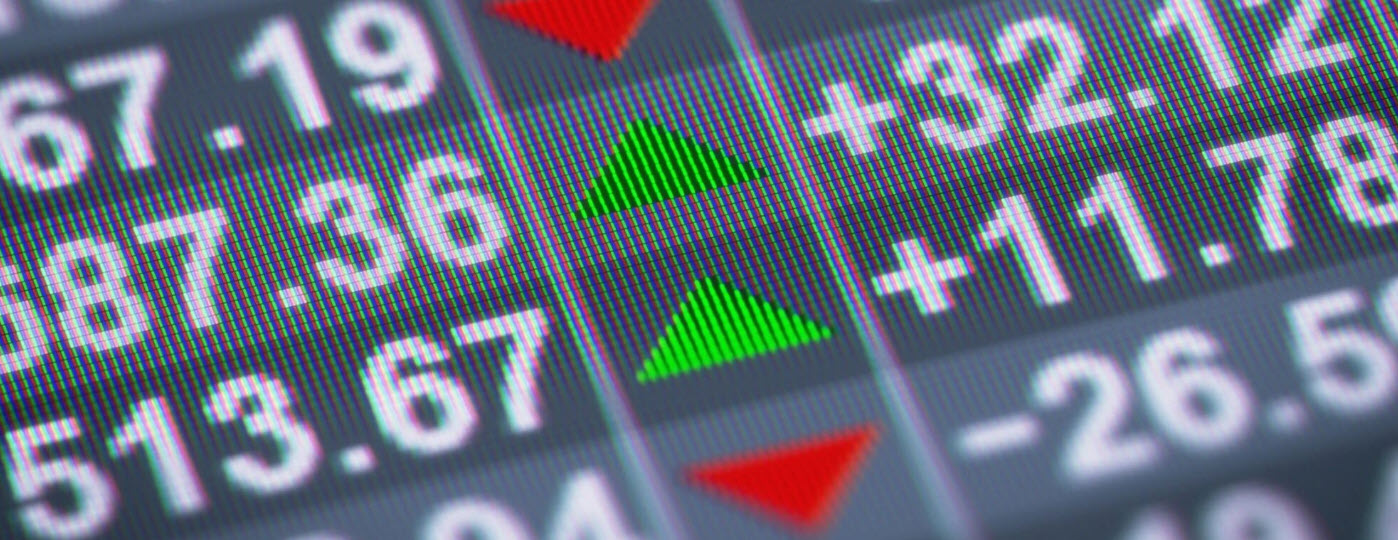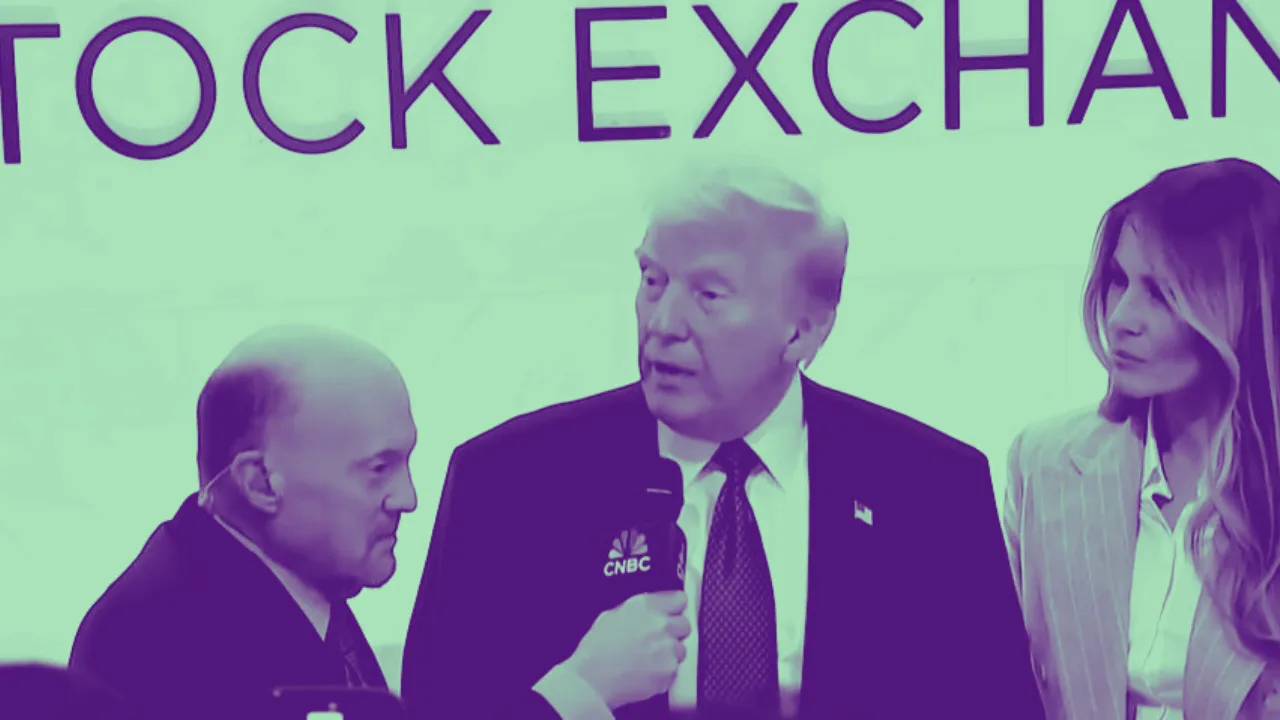Warren Buffett’s Berkshire Hathaway has recently amassed a substantial cash reserve, a strategic move reminiscent of actions taken before past economic downturns. This time, however, there appears to be a new rationale behind this cautious approach.
Berkshire Halts Stock Buybacks
In a surprising shift, Berkshire Hathaway has paused its own stock buybacks—a significant signal given that the company’s stock is typically viewed as a safe and familiar asset. For many, this conservative stance by one of the world’s most respected investors raises a critical question: If Buffett isn’t buying, should other investors be concerned?
A Massive $325 Billion Cash Reserve
Despite his famous preference for holding stocks indefinitely, Buffett has accumulated $325 billion in cash and equivalents, primarily in Treasury bills. This considerable cash reserve could enable Berkshire to acquire nearly any U.S. company outside the top 25 by market value, including industry giants like Walt Disney, Pfizer, or General Electric. Additionally, Berkshire has reduced its holdings in both Apple and Bank of America in recent months, marking a significant shift from its long-standing investment strategy.
Interpreting Buffett’s Caution
Should investors interpret this caution as a market warning? Perhaps, but it may also indicate a broader, Berkshire-specific strategy.
Buffett and his late business partner Charlie Munger have long prioritized steady, long-term growth over market timing. Munger famously advised, “Never interrupt compounding unnecessarily.” Investors tracking Berkshire often focus on what the company buys and sells without considering the timing.
Historically, Buffett has occasionally exercised caution. He dissolved his investment partnership in 1969, deeming the market too speculative, and accumulated cash before the 2008 financial crisis, which he later used to make strategic acquisitions at lower valuations.
According to Adam J. Mead, author of The Complete Financial History of Berkshire Hathaway, Buffett is aware of how market extremes can affect valuations. Overvalued stocks don’t always lead to immediate downturns but can signal that future returns may be modest.
Market Forecasts Predict Modest Returns
Goldman Sachs strategist David Kostin recently projected an annual return of just 3% for the S&P 500 over the next decade—a significant decline from historical averages. Similar forecasts from Vanguard and economist Robert Shiller suggest modest growth, reinforcing a cautious outlook.
The even simpler “Buffett Indicator,” which measures the total market value of all stocks against the U.S. economy, currently hovers around 200%—a level not seen since the dot-com bubble. This suggests that the market may be overvalued.
Buffett’s Future Plans
In light of these signals, Buffett’s decision to maintain liquidity reflects the current landscape. With Treasury yields outpacing potential stock returns, holding cash appears to be a prudent position. However, Buffett has expressed eagerness to deploy these funds. At Berkshire’s 2023 annual meeting, he stated a desire to acquire a significant business, noting that deals worth $50 billion or more would be manageable for Berkshire’s balance sheet.
Mead explains that Buffett may be preserving capital for future opportunities, possibly during an economic downturn. Unlike Buffett, individual investors have greater flexibility, including access to smaller and international markets. Vanguard’s projections suggest potentially higher returns in non-U.S. developed markets or U.S. small-cap stocks.
The Road Ahead for Berkshire Hathaway
Berkshire remains largely U.S.-focused. While Buffett has ventured into Japanese trading companies in recent years, his investments predominantly stay within the United States.
Looking ahead, structural changes at Berkshire appear inevitable—not just because Buffett is nearing the end of his remarkable career at 93. It’s unlikely that Berkshire can maintain its historical growth pace solely through reinvested profits. There is increasing speculation that Berkshire will eventually introduce a dividend for shareholders, aligning with the needs of its evolving portfolio. In essence, Berkshire may soon share more of its earnings with shareholders, marking a shift from its long-standing compounding approach.
Further Resources:
- Berkshire Hathaway Official Website: For in-depth information on Berkshire’s financials and Warren Buffett’s annual shareholder letters, visit the Berkshire Hathaway website.
- Goldman Sachs Market Insights: To read more about David Kostin’s market projections, check out the Goldman Sachs Insights.
- Vanguard Economic and Market Outlook: Explore Vanguard’s forecasts on global markets on their official site.
- Shiller PE Ratio Data: For historical data on the cyclically adjusted price-to-earnings ratio, visit Robert Shiller’s website.





